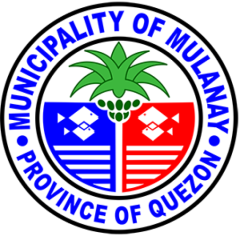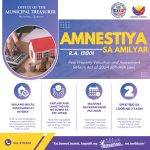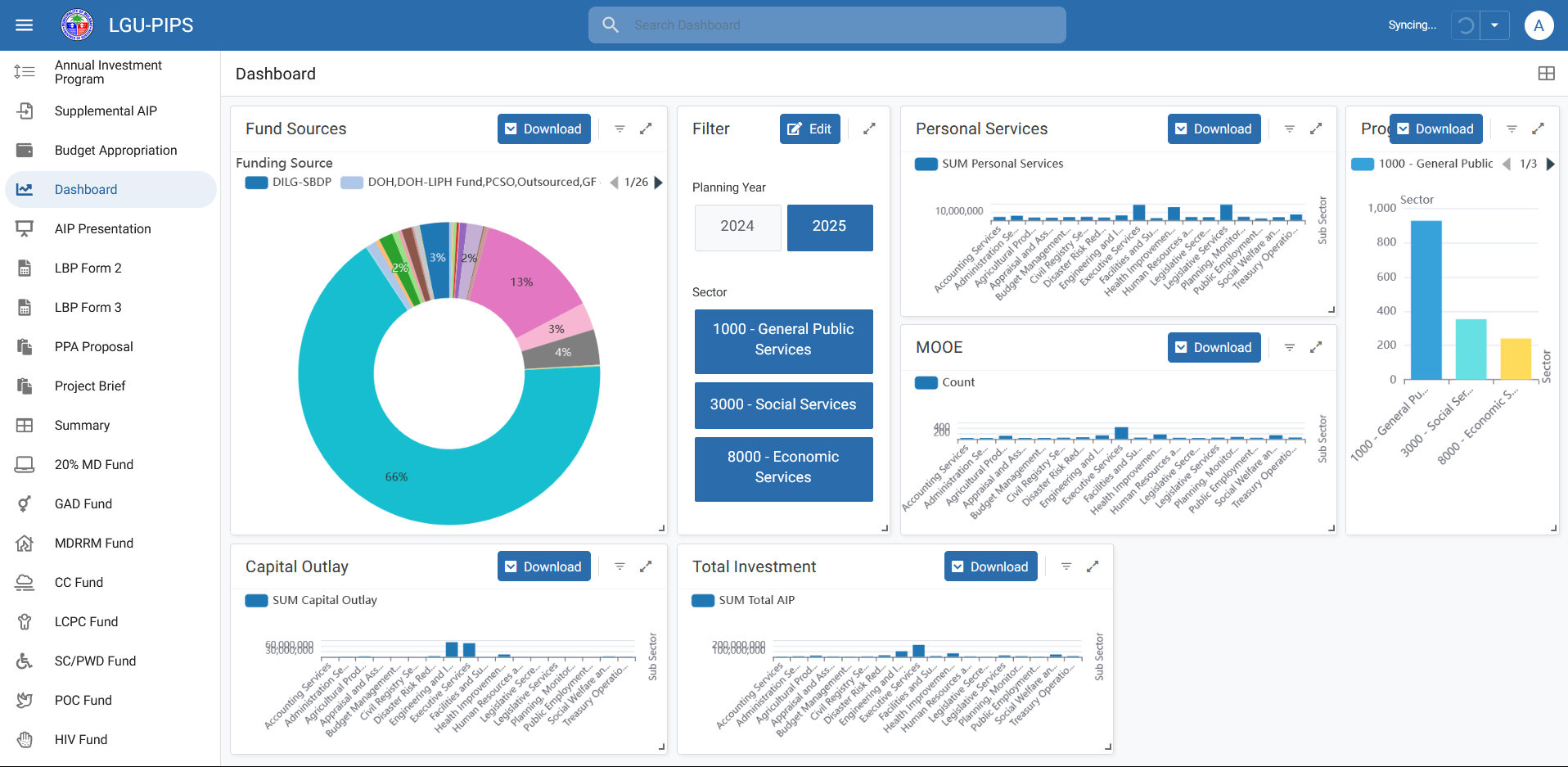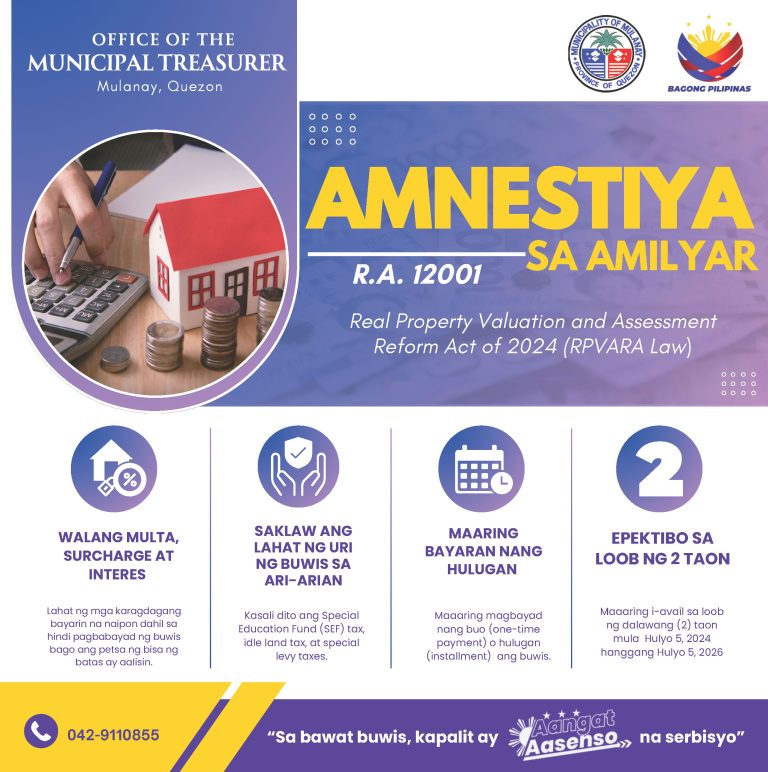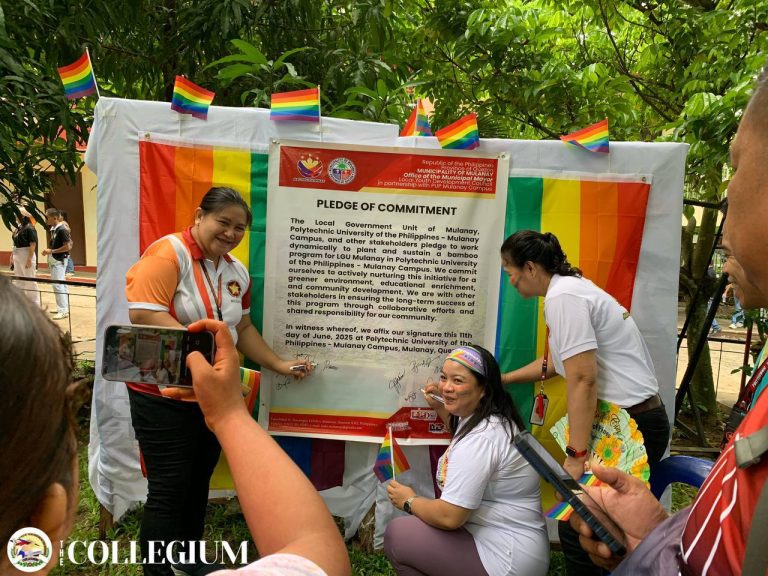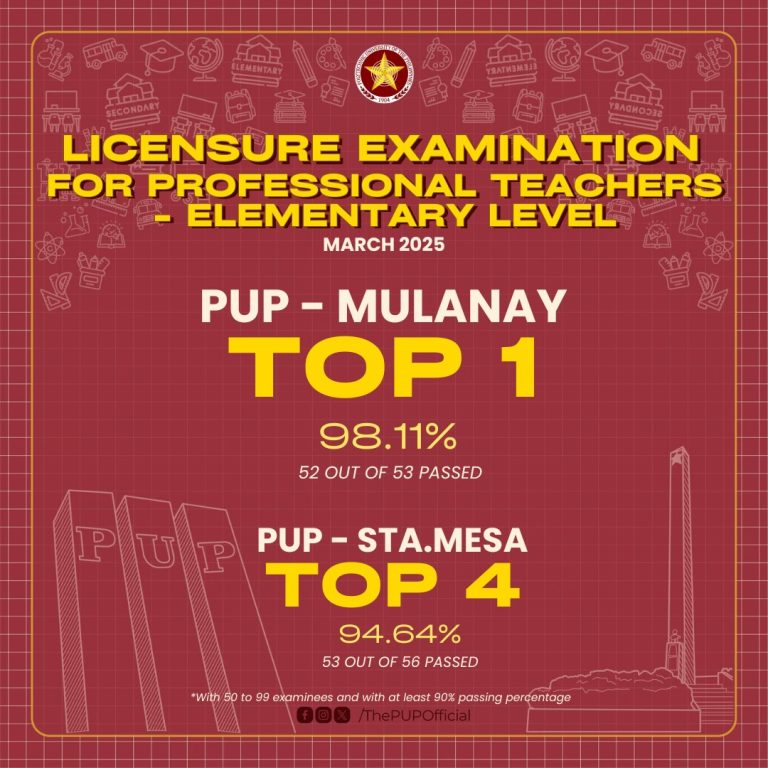LGU Planning and Investment Programming System (LGU-PIPS)
The LGU Planning and Investment Programming System (LGU-PIPS) is a web application designed to streamline the planning and budgeting process for the Local Government Unit of Mulanay, Quezon Province. It supports the creation and management of the following:
Comprehensive Development Plan (CDP): Defines the LGU’s long-term development goals and strategies.
Local Development Investment Program (LDIP): Prioritizes programs, projects, and activities (PPAs) to achieve the CDP goals within a specific timeframe.
Annual Investment Program (AIP) and Supplemental Annual Investment Program (SAIP): Selects a subset of high-priority PPAs from the LDIP for funding within a fiscal year and address urgent or unexpected needs that were not included in the original Annual Investment Program (AIP).
Annual Budget Preparation: Serves as a financial roadmap outlining its planned expenditures and revenues for a specific year, ensuring efficient allocation of resources to achieve its development goals.
Benefits:
Improved Efficiency: Streamlines data gathering, analysis, and reporting for planning and budgeting.
Enhanced Transparency: Promotes collaborative planning with stakeholders and facilitates access to LGU development plans.
Data-Driven Decision Making: Enables informed resource allocation based on LGU priorities and development needs.
LGU-PIPS Feature Breakdown
Core Functionality
- User Registration: Enables new users to create accounts and access the system.
- User Interface: Provides a clear and intuitive layout with menus, modules, libraries, and resources for easy navigation.
- Office Navigation: Guides users through the system’s various sections and functions.
AIP Management
- AIP Sectors, Programs, and Coding Structure: Supports the organization and classification of AIP (Annual Investment Program) elements.
- AIP Data Entry and Updates: Allows for the input and modification of AIP data.
- Budget Forms Preparation: Facilitates the creation of budget forms based on AIP information.
Procurement and Reporting
- Procurement Preparation: Assists in the preparation of procurement documents and processes.
- Accomplishment Reports Preparation: Helps generate reports on project achievements and outcomes.
- PPA Alignment: Ensures that projects and activities align with the other Higher Plans like Comprehensive Land Use Plan (CLUP), Comprehensive Development Plan (CDP), Provincial Physical Development Framework Plan (PPDFP), Philippine Development Plan (PDP).
- Project Brief: Creates concise summaries of project details.
- Project/Activity Proposal: Supports the development of proposals for new projects or activities.
- PPA Reports: Generates reports related to the Investment Program.
Data Management and Reporting
- CCET: Climate Change Expenditure Tagging is a system designed to track and monitor public expenditures that contribute to climate change adaptation and mitigation efforts. It provides a standardized framework for classifying and categorizing government spending.
- Downloading Summary and Documents: Allows users to download summaries and documents for reference or sharing.
- Summary Dashboard and Reports: Provides a centralized view of key metrics and generates various reports.
LGU-PIPS Integration:
GAD MGFPS and HGDG Assessment – The GAD MGFPS and HGDG Assessment is a tool used to evaluate the gender mainstreaming efforts of local government units (LGUs) in the Philippines. It assesses how well these LGUs have integrated gender equality and women’s empowerment into their policies, programs, and projects.
E-Budget Integration – A digital platform that streamlines the budget formulation, approval, and implementation processes for LGUs. It centralizes financial data, enhances transparency, and improves efficiency in managing public funds.
Procurement System – The Electronic Procurement System (EPS) for LGUs is a digital platform that streamlines the procurement process, ensuring transparency, efficiency, and accountability in public bidding and contracting. It facilitates electronic submission of bids, online auctioning, and real-time monitoring of procurement activities.
Target Users:
Local Planning and Development Office (LPDO)
LGU Department Heads
Local Development Council (LDC) Members
Finance Committee
Bids and Award Committee (BAC) Members
This body responsible for overseeing the financial affairs of a local government unit. Its functions typically include formulating financial policies, reviewing and approving budgets and expenditures, monitoring revenue collection, ensuring compliance with financial regulations, and evaluating the performance of financial management systems. The major final output of the committee is the approved annual budget, which outlines the expected income and expenditure of the LGU for the coming year.
The administrative arm of the LGU, responsible for implementing the policies and decisions of the local chief executive. Its functions typically include coordinating with other government agencies, overseeing the day-to-day operations of the LGU, managing human resources, and ensuring the efficient delivery of public services. The major final output of the Executive Office is the successful implementation of the LGU’s programs and projects, which ultimately benefit the constituents.
The law-making body of the LGU. Its functions typically include drafting, reviewing, and approving local ordinances, resolutions, and other legislative measures. The Legislative Office also conducts public hearings and debates on proposed legislation, ensuring that the voices of the constituents are heard. The major final output of the Legislative Office is the body of local laws that govern the LGU, shaping its policies and operations and ultimately affecting the lives of its residents.
Responsible for overseeing the planning, design, construction, and maintenance of public infrastructure within the LGU’s jurisdiction. Its functions typically include preparing engineering plans and specifications for projects such as roads, bridges, buildings, and drainage systems, conducting feasibility studies, supervising construction activities, and ensuring compliance with building codes and safety standards. The major final output of the Engineering Office is the development and maintenance of a well-functioning infrastructure network that supports the LGU’s economic and social development.
The department which are responsible for promoting agricultural development and ensuring food security within its jurisdiction. Its functions typically include providing technical assistance to farmers, managing agricultural lands, implementing agricultural programs and projects, regulating agricultural activities, and promoting sustainable agricultural practices. The major final output of the Agriculture Office is a productive and sustainable agricultural sector that contributes to the economic growth and food self-sufficiency of the LGU.
Responsible for providing social services and assistance to the residents of the community. Its functions typically include identifying and addressing the needs of vulnerable populations, such as the poor, elderly, disabled, and children, implementing social welfare programs, coordinating with other government agencies and non-governmental organizations, and providing counseling and support services. The major final output of the Social Welfare Services Office is the improved quality of life for the vulnerable members of the community through the provision of essential social services and assistance.
The Disaster and Response Office is responsible for planning, organizing, and implementing disaster preparedness, mitigation, response, and recovery efforts within the LGU’s jurisdiction. Its functions typically include developing disaster risk reduction plans, conducting hazard assessments, training emergency responders, establishing evacuation routes, and coordinating with other agencies during emergencies. The major final output of the Disaster and Response Office is a community that is resilient to disasters and capable of effectively responding to and recovering from emergencies.
Responsible for facilitating employment opportunities and providing job-related services to residents within its jurisdiction. Its functions typically include job placement, skills training, labor market information dissemination, and enforcement of labor laws. The major final output of the Public Employment Office is increased employment rates and improved livelihoods for the LGU’s constituents, as well as a more vibrant and competitive local labor market.
The Education/ALS Office is responsible for overseeing and implementing educational programs and services within the LGU. Its functions typically include planning and implementing educational policies, managing schools and learning centers, providing educational assistance to students, and ensuring the quality of education in the LGU. The major final output of the Education/ALS Office is the provision of accessible, equitable, and quality education to all residents, leading to improved educational outcomes and human development.
This is the vital component of the local healthcare system, responsible for providing basic healthcare services to the rural population. Its functions typically include conducting health education campaigns, implementing disease prevention and control programs, providing primary healthcare services such as maternal and child care, family planning, and treatment of common illnesses, and coordinating with other health agencies and organizations. The major final output of the Rural Health Office is improved health outcomes for the rural population, including reduced morbidity and mortality rates, increased access to healthcare services, and better overall quality of life.
Responsible for recording vital statistics and issuing civil registry documents within its jurisdiction. Its functions typically include registering births, marriages, deaths, and other civil events, issuing birth certificates, marriage certificates, death certificates, and other related documents, and maintaining accurate and complete civil registry records. The major final output of the Civil Registrar’s Office is the provision of reliable and authentic civil registry documents that serve as legal proof of identity, relationship, and other vital information, essential for various purposes such as obtaining government services, entering into legal contracts, and claiming benefits.
Responsible for assessing the fair market value of real property within the LGU’s jurisdiction. This assessment serves as the basis for property taxation, ensuring that property owners contribute their fair share to the LGU’s revenue. The Assessor’s Office also maintains property records, including ownership information, property characteristics, and assessment history. The major final output of the Assessor’s Office is the annual assessment roll, which contains the assessed values of all taxable properties within the LGU. This roll is used by the LGU’s treasurer to collect property taxes.
LGU-PIPS
Planning and Investment Programming System
“Streamline Your Local Government with LGU-PIPS. Faster Planning, Smarter Budgeting.”
